Forensic Hiking

It is impossible to fully appreciate the value of a trail until you have been forced to walk through the wilderness without one.
—Robert Moor On Trails
Earlier this summer I started paying attention to the fact that my idea of a perfect day is finding and following trails that are little more than ghosts.
Am I alone in feeling this, or does anyone else love these kinds of trails?
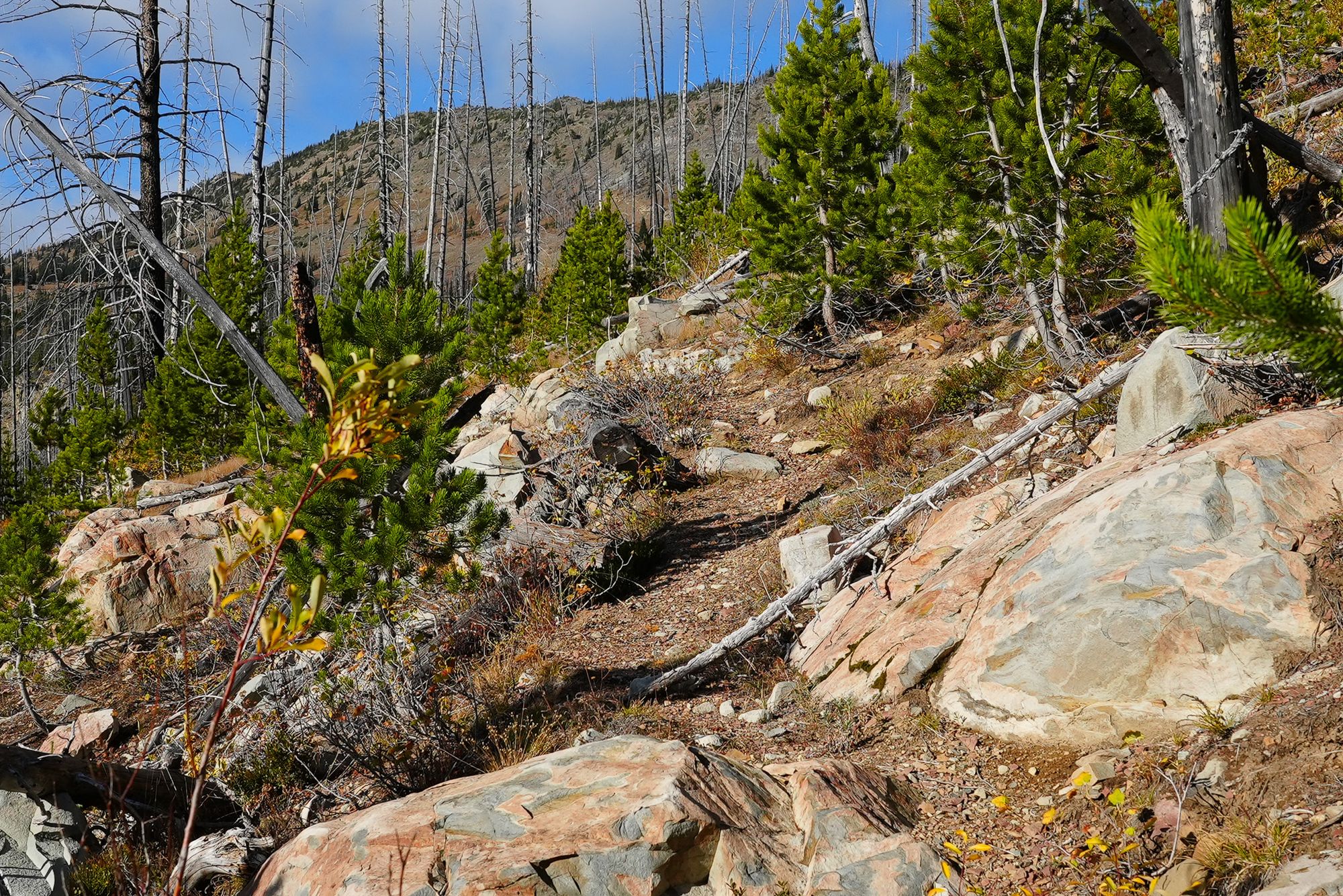
Make no mistake, I...love...trails. Much of my life has been spent on trails, and I estimate that I hike or run about 1500 miles a year on wild, unpaved trails of one type or another.
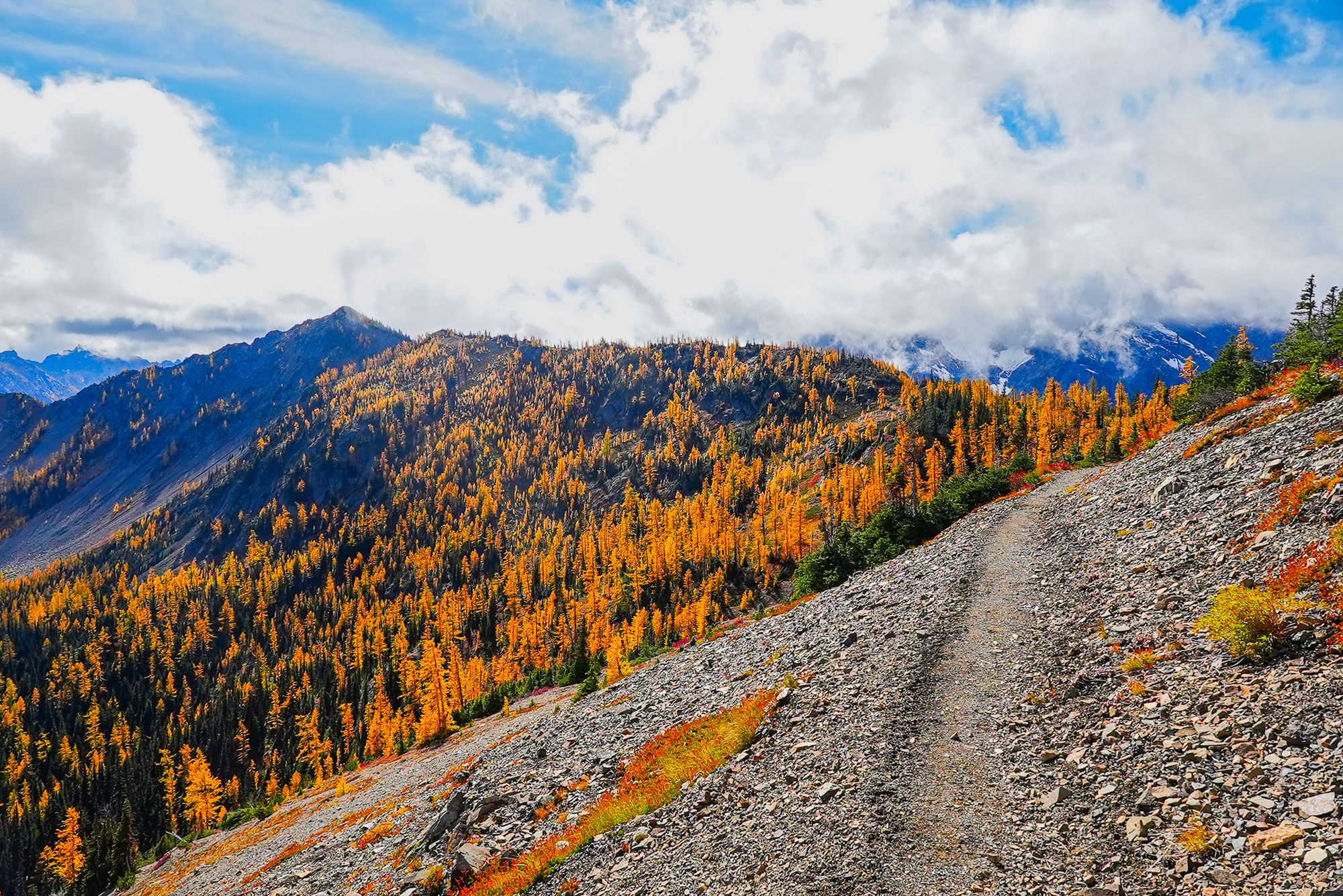
Most of the time I hike with binoculars, a pocket notebook, and a camera, carefully recording what I observe and wonder about. In this case, a trail serves as both access and lifeline while freeing me up to explore whatever arises in my imagination.
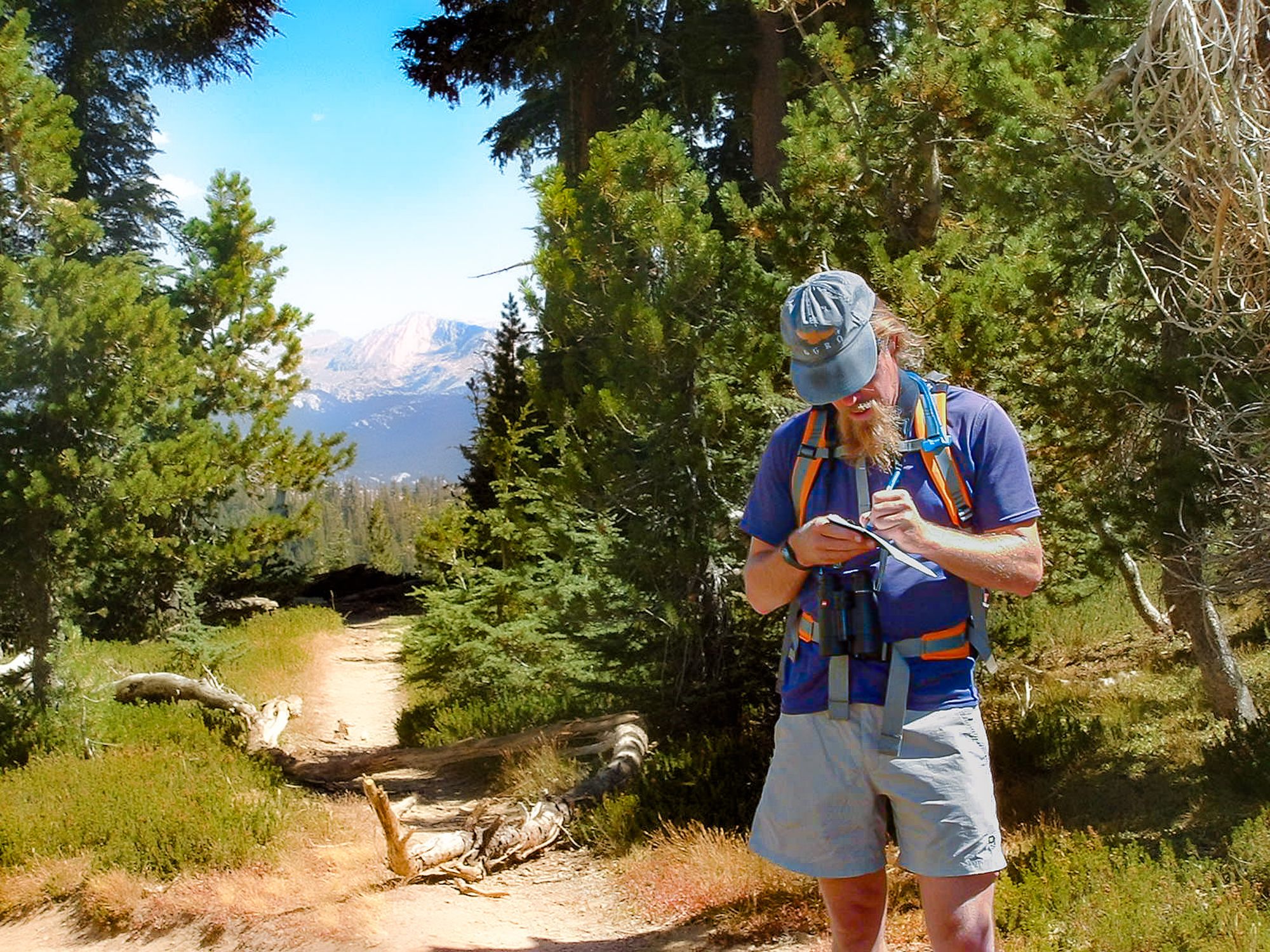
But what happens when your lifeline is a trail so old and obscure it scarcely exists?
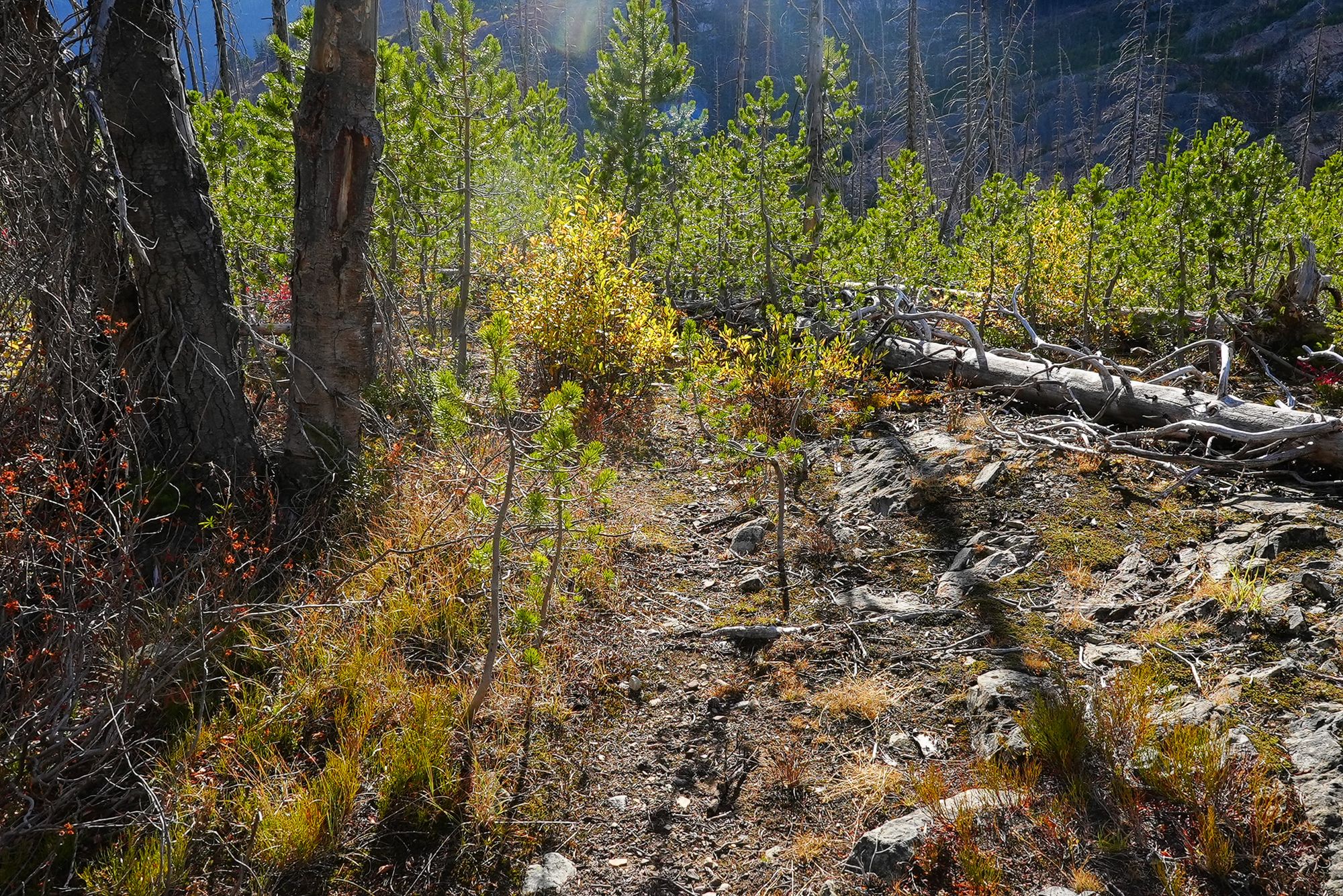
This is the edge, and the question, that I most love to explore!
I'm perfectly content bushwhacking cross-country in random directions, but following a human-made trail is a very different story because a trail is a line of intent and inquiry. If I find a trail, and suspect that someone made this trail because it goes somewhere, then I have to follow it. And the harder it is to follow, the more deeply I'm forced to push my route-finding abilities to their outer limits.
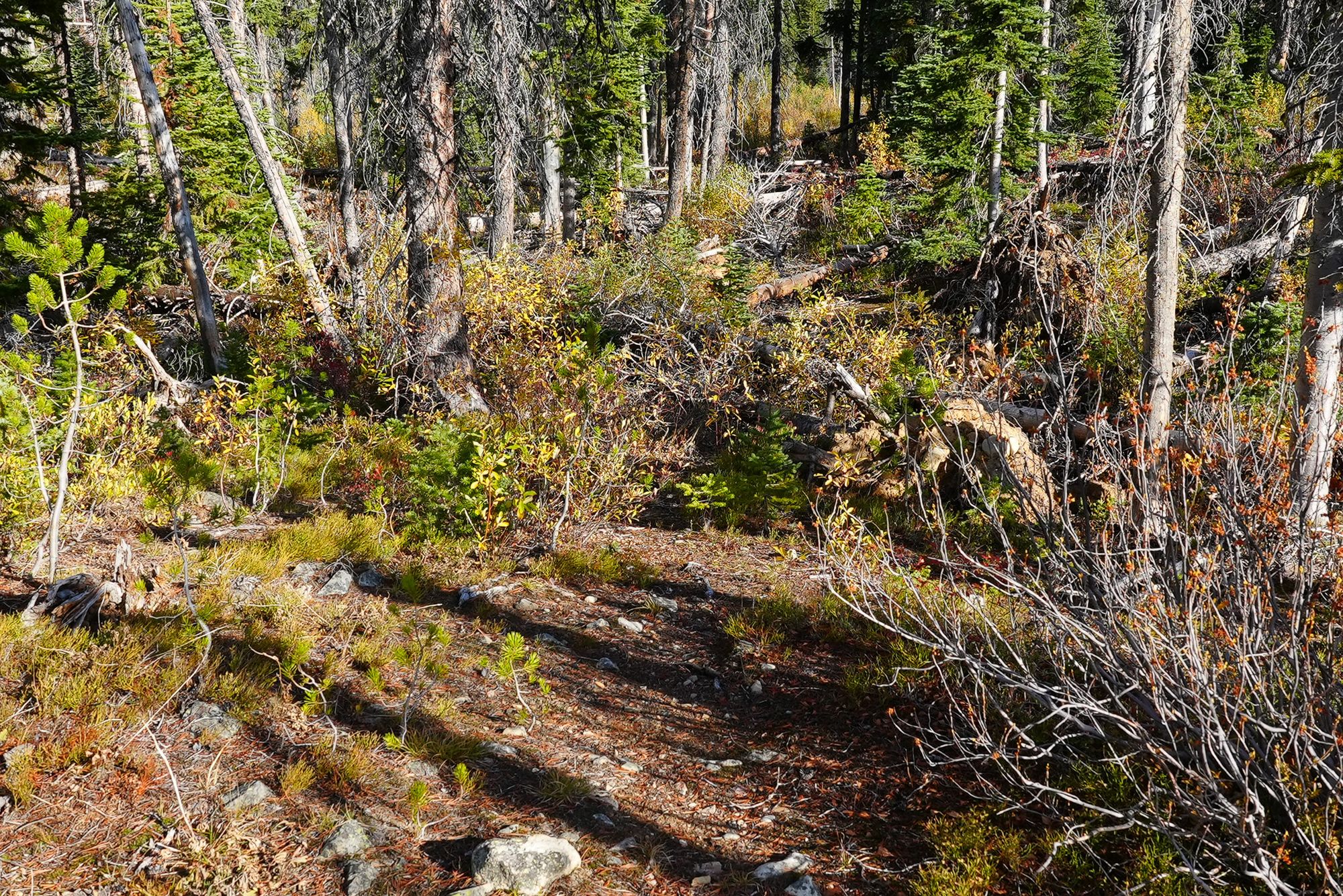
A surprising number of these old, forgotten trails were made by expert trail builders who skillfully plotted the best routes and laid solid foundations, which means that the original intent of these paths lingers even as their traces fade into forest duff and thick underbrush.
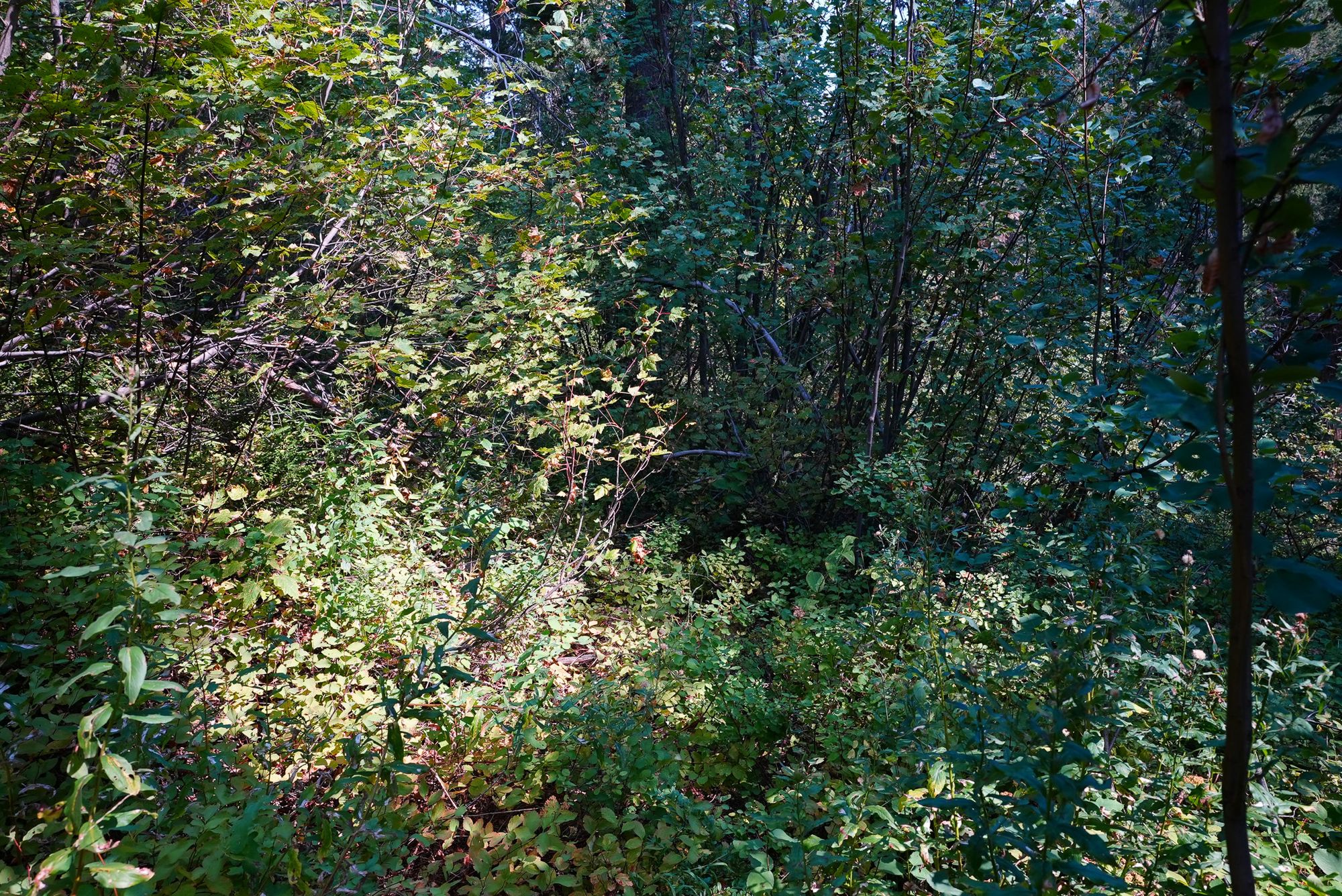
One of my favorite memories was discovering an unknown cavalry trail in Yosemite National Park that journeyed up a wild, rugged canyon from the foothills to the high country. This 100-year-old trail was overgrown and essentially invisible, but had been so well made that I could still find enough bits and pieces to track its route no matter how buried it had become.
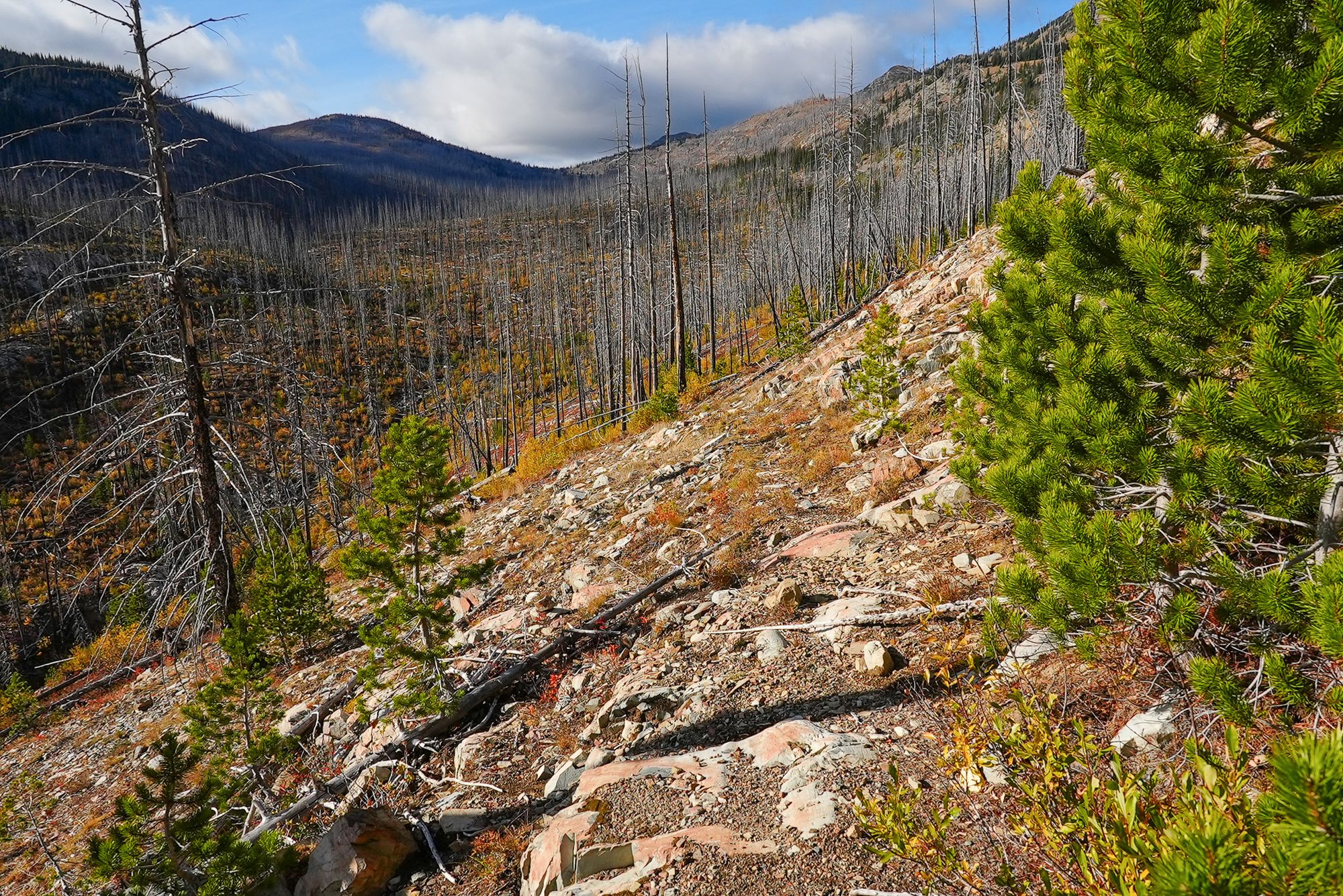
While hiking on most trails could be called recreational, it's a lot scarier and harder when you're forced to pay attention to every detail to avoid getting lost. This kind of hiking is more like solving a puzzle; a puzzle where you're engaging all of your senses and skills, and tracking subtle clues while struggling to preserve your tenuous lifeline back to safety.
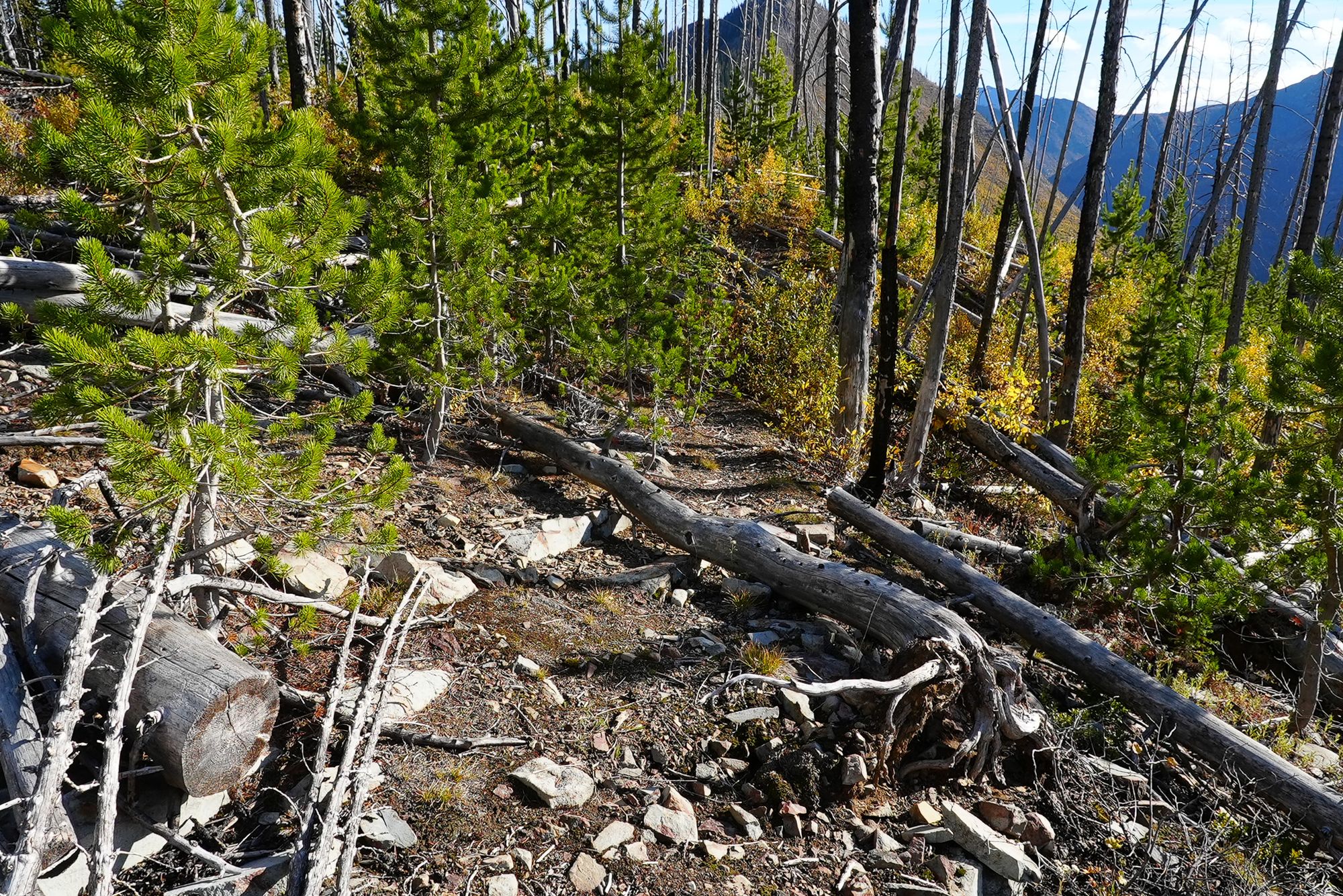
It can be exhausting to follow a trail that takes so much effort, but these are the moments when I feel most alive and most exhilarated by the magic of life—and these are moments I live for!
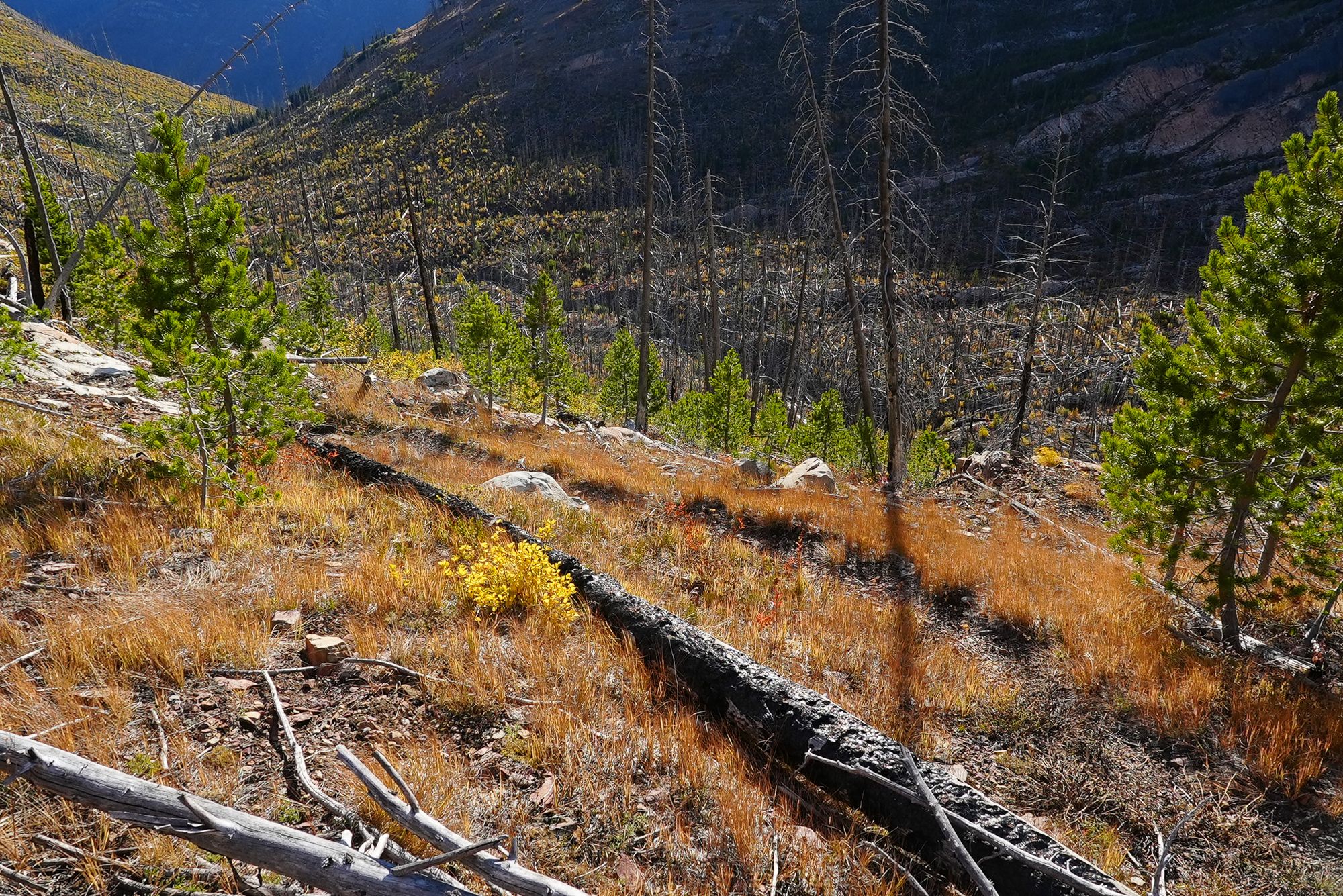
Member discussion